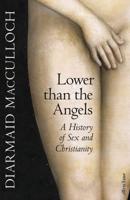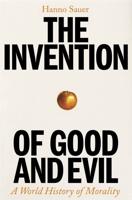Publisher's Synopsis
In the eighth century, Wu Jing selected exchanges between Emperor Taizong and his ministers that he deemed key to good governance. This collection of dialogues has been used for the education of emperors, political elites and general readers ever since, and is a standard reference work in East Asian political thought. Consisting of ten volumes, subdivided into forty topics, The Essentials of Governance addresses core themes of Chinese thinking about the politics of power, from the body politic, presenting and receiving criticism, recruitment, the education of the imperial clan, political virtues and vices, to cultural policy, agriculture, law, taxation, border policy, and how to avoid disaster and dynastic fall. Presented with introductory commentary that offers insights into its historical context and global reception, this accessible and reliable translation brings together ten scholars of Chinese intellectual history to offer a nuanced edition that preserves the organisation, tone and flow of the original.











